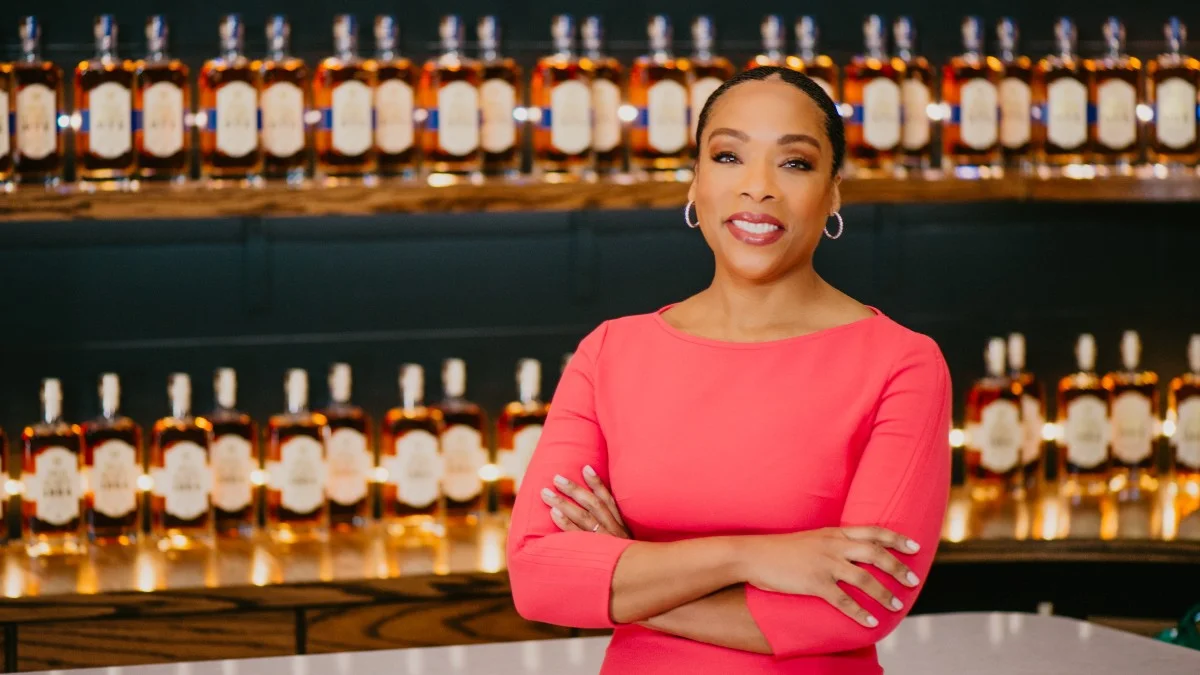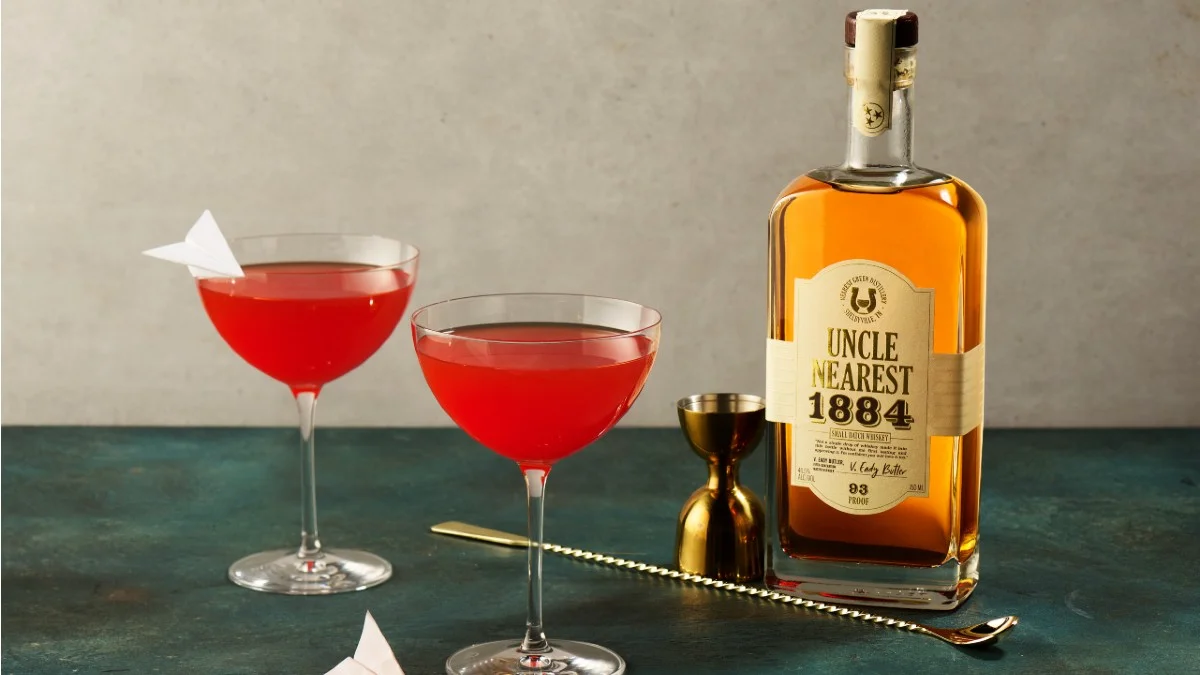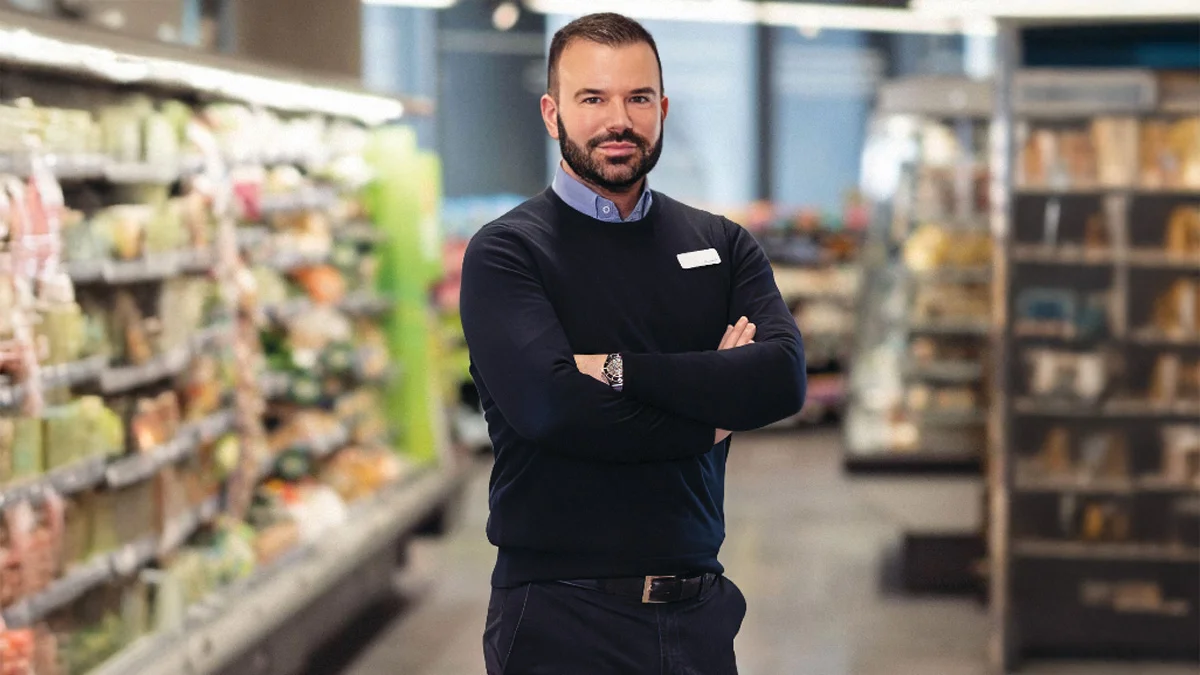
Fawn Weaver launched her whiskey brand, Uncle Nearest, in 2017 in Tennessee, US. Within five years it had hit annual revenues of $100m and Forbes now estimates the company is worth $1bn. According to Weaver, she was recently offered $2bn for the company – an offer she rejected.
Her whiskey stands out because it is inspired by the story of the first known African American master distiller, Nathan “Nearest” Green. He was a former slave who worked very closely with Jack Daniel.
Having an entrepreneurial mindset
Weaver showed her entrepreneurial instincts very early in life. She left home in Los Angeles when she was just 15. Her parents had both embraced the Southern Baptist church and she rejected many of the restrictions they were placing on her.
While living in homeless shelters she found work to support herself and gained experience at a PR firm. Through this, she found a small group of trusted clients and built up her own business, called Few Entertainment. Her PR skills would help when she developed her whiskey brand.
This first business fell into problems, which Weaver puts down to her youth and lack of experience. But in her 20s and 30s she established herself as a successful businesswoman in the restaurant and real estate space in California through her next company, Grant Sidney.
Founding her whiskey company
In terms of the whiskey company that is now the focus of her attention, the story begins in 2016. That is when the New York Times wrote a story about Nearest Green that caused quite a stir online.
Nobody knew much about the African American former slave, who lived in the mid-19th century and possessed a lot of the secrets to making bourbon whiskey the Tennessee way. Weaver calls Green “the greatest whiskey maker the world never knew.”
Jack Daniel's, which since the 1950s has been owned by the company Brown Forman, acknowledged Green’s existence, but never really embraced him in its story, for example on distillery tours or in marketing.
This is despite the fact there was potentially a positive story to tell. Jack Daniel was a progressive figure in Lynchburg, Tennessee, and was known to treat his black employees fairly.
One of the first things Weaver did on hearing the story was to collect all the trademarks she could think of connected to the ‘Nearest’ and ‘Green’ names. She likes to register corporations, trademarks and website domain names just in case an opportunity emerges. She thinks there is no point pursuing business ideas without that commitment in place.
“My husband says: ‘Some women love purses, my wife loves LLCs’ [limited liability companies],” jokes Weaver.
Weaver based herself in Lynchburg for a year in order to research the story behind Green, tracing as many of his living relatives as possible. She’s written about her exploits in her latest book, Love & Whiskey.
As part of her investigations, Weaver and her husband Keith even bought and moved into the property known as Call Farm, where Nearest Green passed on his whiskey-making skills to a young Jack Daniel. They also befriended a descendant of Green who used to work at the Jack Daniel plant, but decided to join them, bringing her whiskey-making expertise with her.

When it came time to start bottling their own whiskey, Weaver set up her Nearest Green distillery in nearby Shellbyville in 2019. It is now a tourist attraction in its own right and in 2023 it attracted a quarter of a million paying visitors.
As you might expect, Brown Forman was nervous about Fawn Weaver setting up Uncle Nearest. The two companies were in close contact while Weaver was based in Lynchburg researching her brand.
There were attempts to thrash out a formal co-existence agreement, but this never came about. Instead, there remains what Weaver calls a “respectful” relationship between the two brands.
Scaling a challenger brand
Weaver shares a lot of practical advice about scaling her challenger brand, but two stand out.
The first is around suppliers. The US has what’s known as a three-tier system for spirits, where suppliers like Weaver have to use distributors to reach places like restaurants and bars, they can’t approach these retailers directly.
Some US spirits brands might just have one or two national distributors – Weaver has 17. The reason is that this arrangement creates some “natural competition”, according to Weaver.
“I can pick up the phone and say, ‘California, why are you being outsold by Tennessee?’”, she says.
Multiple relationships take more time to manage, but dealing with a single distributor you are frustrated with takes up a lot of time too, she points out.
As you might expect given her early flair for PR, Weaver also has some practical advice on press and marketing.
Every October she prepares a press plan that has around eight storylines that she expects to come out about the company in the months ahead. She will personally draft this herself and give them to the marketing team.
These are a mixture of incoming and outgoing stories. The outgoing ones are ideas that the company is sending out to the press and might include things like business milestones, such as the millionth bottle being sold.
Sometimes these draft releases are aspirational and reflect targets that haven’t been hit yet, Weaver admits.
“And this lights a fire under us,” says Weaver with a smile, “so we need to make that happen!”
Listen to the full podcast episode with Uncle Nearest founder Fawn Weaver.
Related and recommended
Contestants from The Apprentice reveal the fundamental business lessons they learned from taking part in the TV show
From global talent pools to AI-powered documentation, a work-from-anywhere model is a new way of thinking about productivity, innovation and teamwork
The story of how cycling brought Business Leader member John Readman together with his co-founder and investors
Stuart Machin’s hands-on leadership has revived M&S, tripling its share price and reshaping its future, by obsessing over the details, from shop floors to staff message boards





